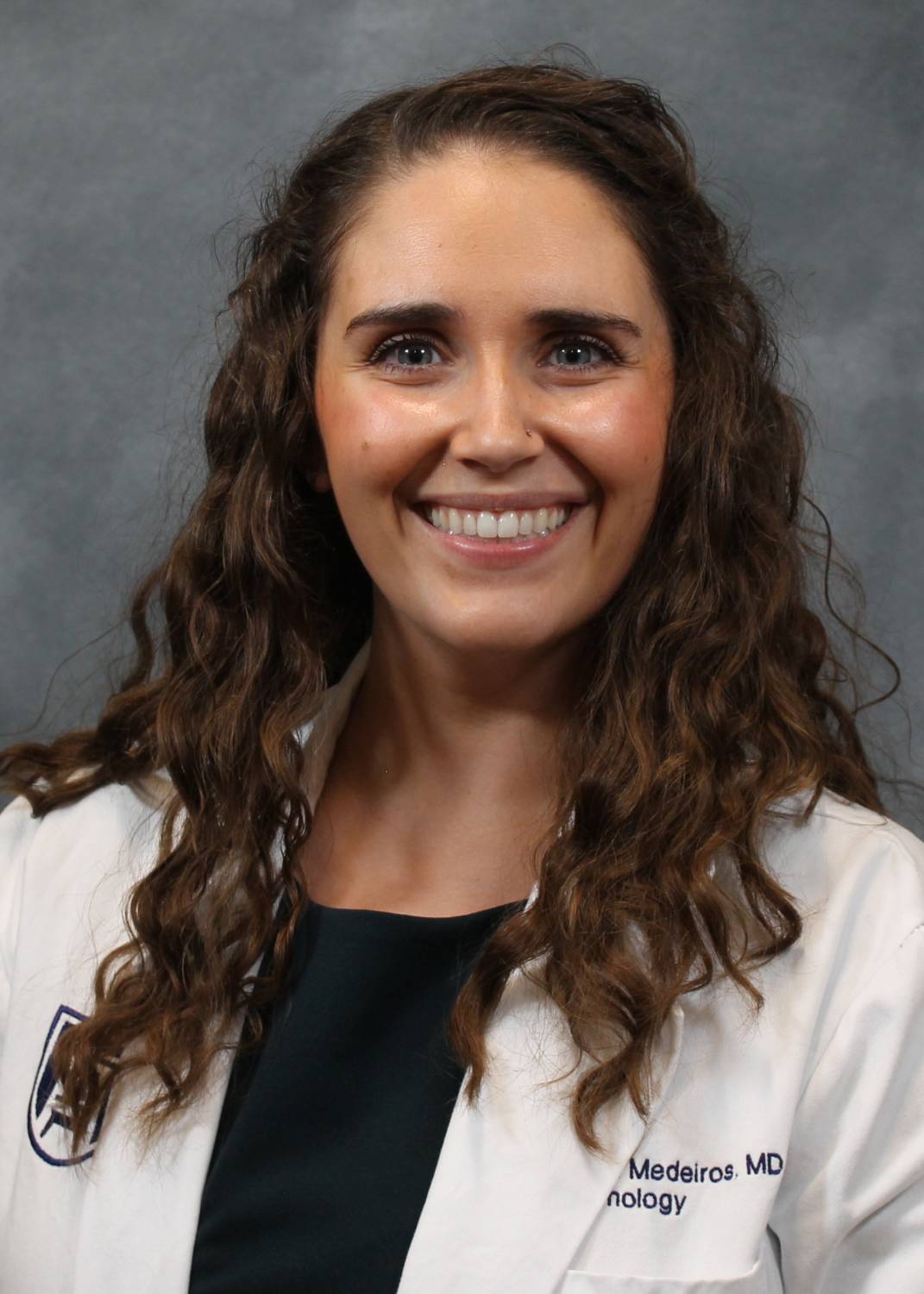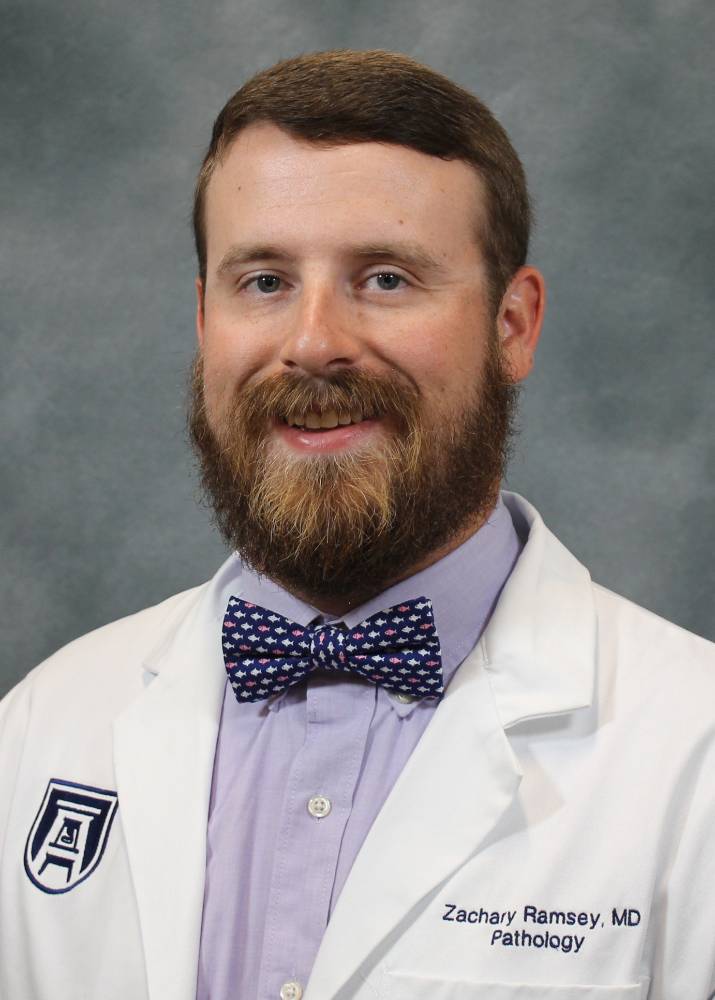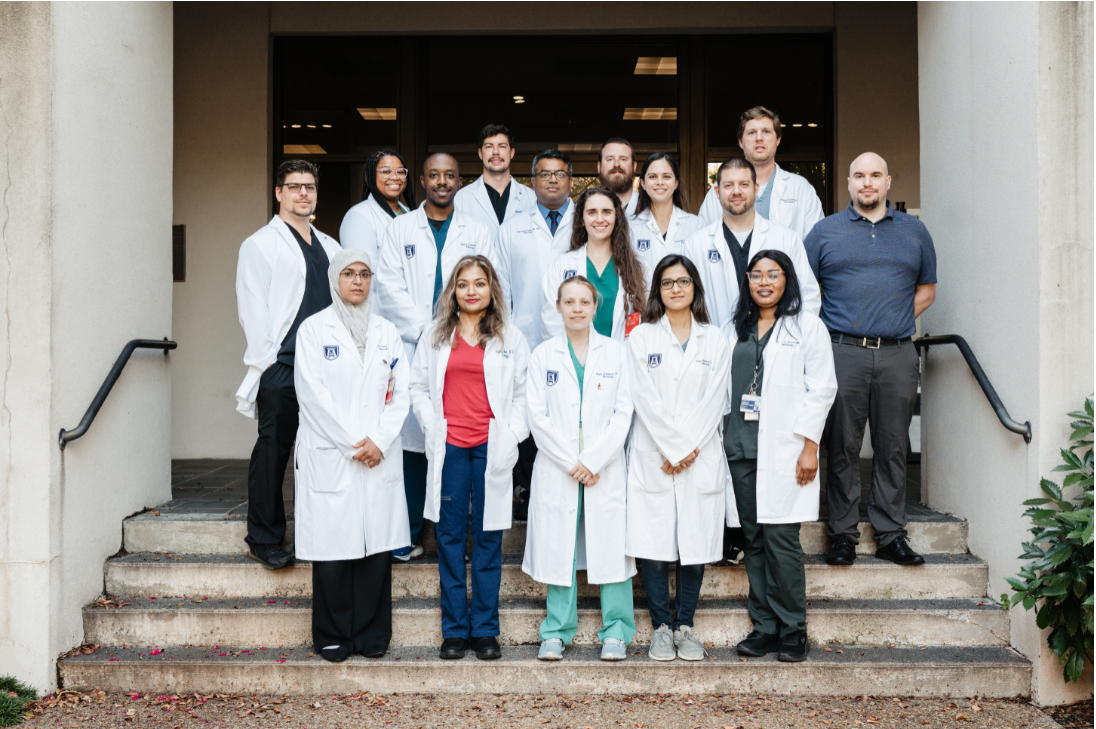
The mission of our Pathology Residency Training Program is to recruit diverse housestaff members and provide them with the resources necessary to pass their certification boards on their first attempt, secure competitive fellowships, and function as independent pathologists in a diverse workforce after completion of the program.
Moreover, we want our residents to look back on their four years of training at Augusta University with joy. We do this by exposing our trainees to a wide variety of cases, having ample research opportunities, providing thorough didactic series, offering one-on-one mentoring, and granting funds for scholarly activities as well as attendance at national meetings where original research is being presented.
Our residents rotate under the many specialties of pathology including, but not limited to, forensics, cytogenetics/molecular, flow cytometry, and laboratory management as well as the standard areas of surgical pathology, cytology, hematology, chemistry, transfusion medicine, and microbiology. During these rotations, we see an exceptional variety of cases in addition to more standard day-to-day cases allowing for a strong fund of knowledge. In addition, we provide our residents with curriculum flexibility for focusing on their area of interest, including an optional away elective.
Augusta, Georgia is a vibrant city, which has the second largest city population in Georgia, but still maintains that "small town feel". Of course, Augusta is best known internationally for the Masters Tournament, but there are numerous other outdoor and indoor activities in the city itself. We are also a short drive to Atlanta, Charleston, Savannah, Charlotte, the beach, and mountains. With our competitive salary and low cost of living, Augusta truly offers an amazing place to call home for four years.
There are numerous strengths to our program. However, our faculty's open door policy and passion for teaching is truly a standout. We have an exceptional faculty to housestaff ratio and are committed to our housestaff’s success. I hope you enjoy our website. Please do not hesitate to contact us if you have any questions. Thank you for your interest and we look forward to hearing from you.
Quintanna Samuels, Residency Program Coordinator; mailing address: Department of Pathology, Augusta University Medical Center, Room BF-103-B, Augusta, Georgia 30912.
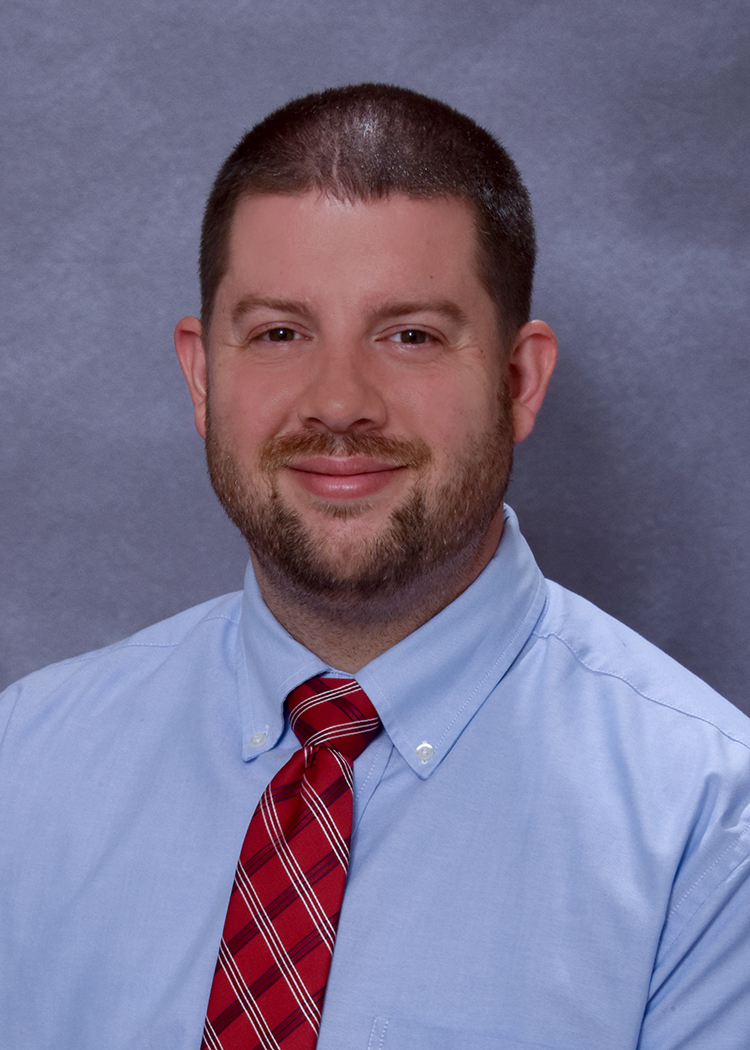
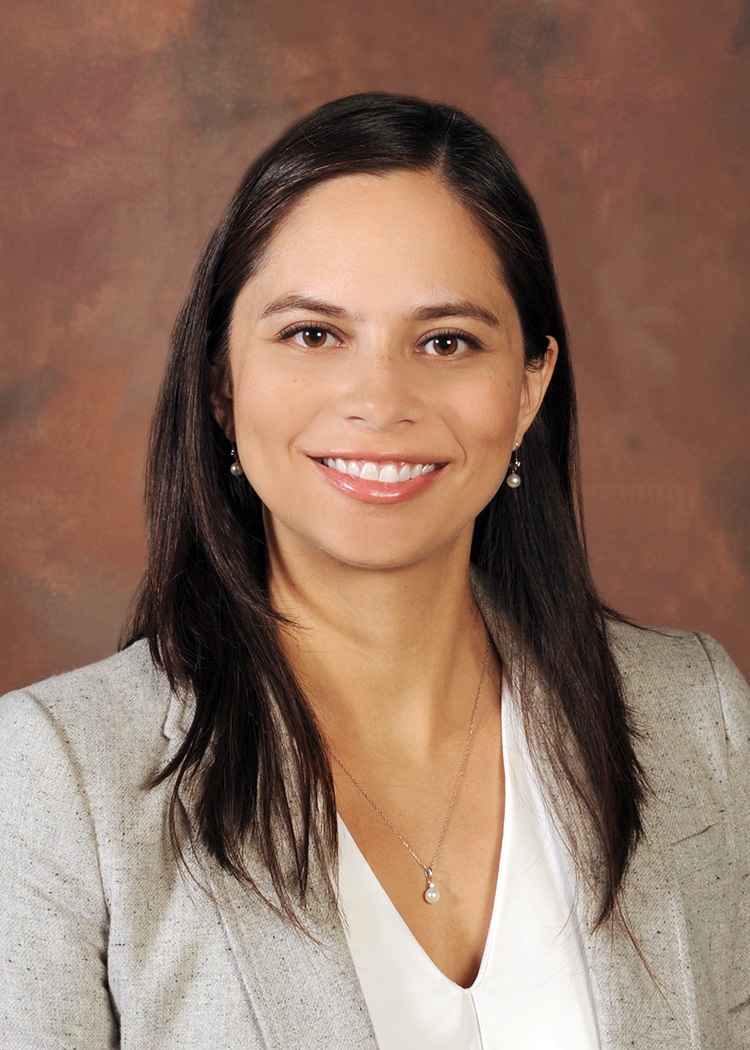
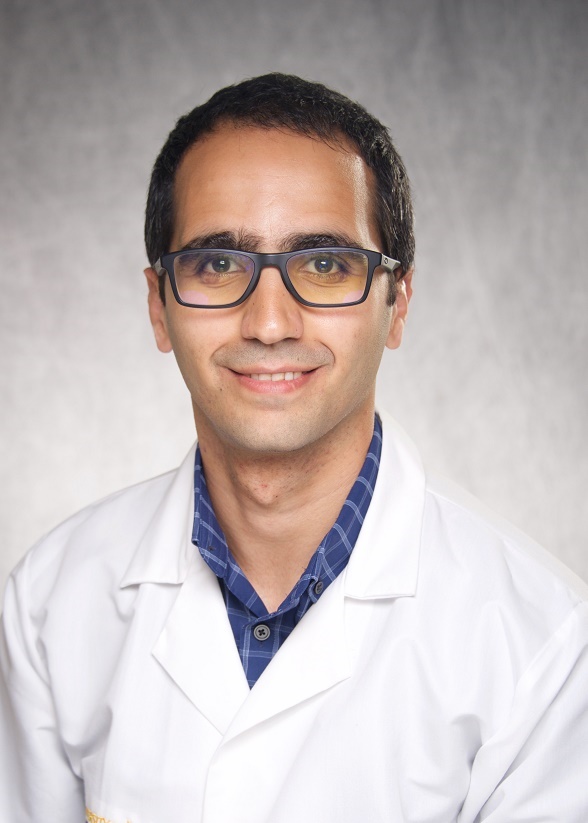
As this year’s Chief Residents, we would like to introduce you to the Medical College of Georgia’s Pathology Residency Program at Augusta University. MCG is Georgia’s only public medical school, founded nearly 200 years ago. It is the third-oldest medical school in the Southeast and 13th oldest in the nation. The school works to optimize healthcare in Georgia and beyond through education, discovery, and service. We take pride in our program because our faculty have developed the curriculum with residents in mind and continually fine tune the curriculum to stay up to date with current advancements in the field and in response to feedback from the residents.
The program fosters a learning environment, not just for the residents, but also for medical students and other learners. In addition to the daily noon conferences, Monday morning clinical pathology conferences, and Friday afternoon unknown sessions, we have also developed a boot camp lecture series in July with a focus of introducing incoming residents to the basics of pathology and a high-yield board review lecture series in March targeted towards the graduating class. Our program offers multiple teaching opportunities, including interdepartmental conferences, where residents are trained to educate our peers from other departments, and at the Augusta University School of Medicine, where residents interact with medical students at all levels of training.
What sets the Medical College of Georgia’s Pathology Residency program apart from others is not only the dedication of the faculty to teach pathology, but the camaraderie and the friendships among the residents. We truly are a pathology family. Moreover, with a strong support staff, including the pathologist’s assistant, gross room technologists, and fellows, the residents can focus on learning pathology and becoming functioning pathologists by the end of the program. We look forward to seeing you and thank you for your interest in our program.
